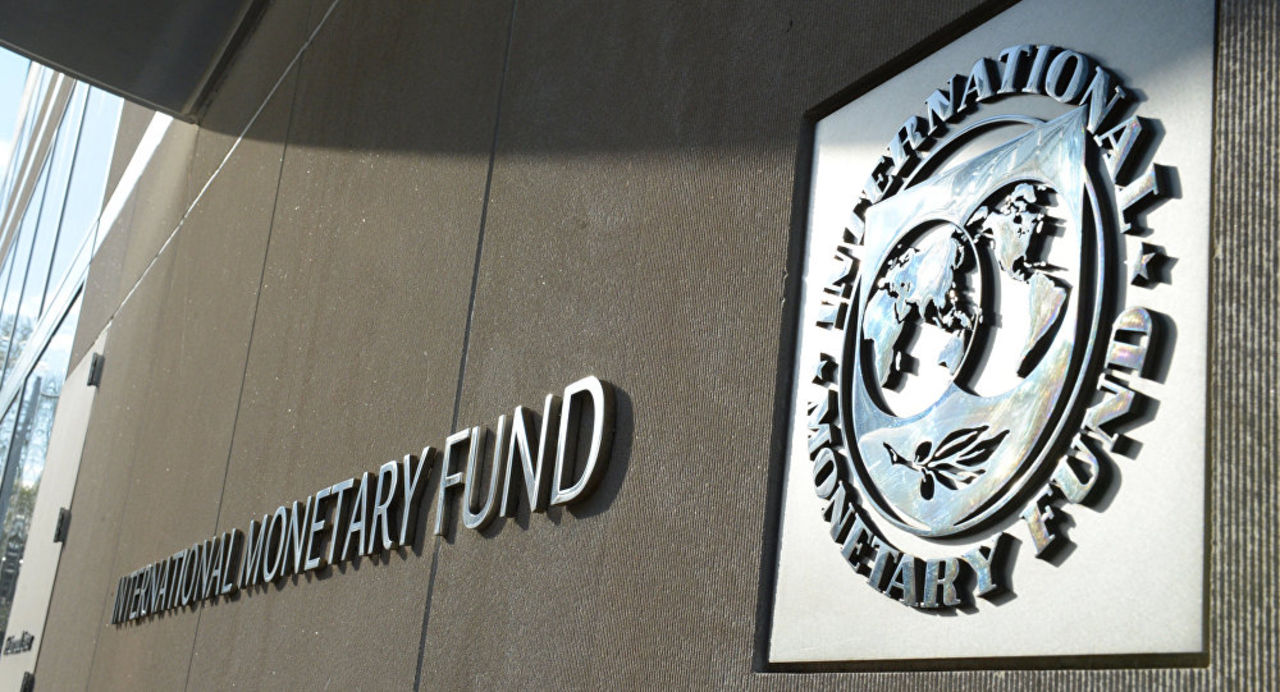International Monetary Fund Insights- Covid 19
May 4,2020 / Haroon Juma / Blogs

Governments worldwide have taken major action not only to fight the pandemic and save lives but also implement fiscal measure to protect their economies. To date, fiscal measures have exceeded more than $8 trillion and Central Banks have also attempted to boost their economies with increased liquidity. These are unprecedented stimulus measures to stave a major collapse.
In this blog we summarise the insights the International Monetary Fund has detailed in recent communications analysing the geopolitical economic responses to COVID 19. At the heart of their analysis is that the world requires a global response to this global epidemic. Uncoordinated efforts are likely to prolong and exacerbate effects and which has been the case to date .The shock is unusual in that it affects both supply and demand at the same time. The increased costs to businesses and credit tightening has affected overall supply. Similarly, high uncertainty, unemployment, salary cuts and reduced spending has lowered demand.
General Outlook:
As a general statement to the outbreak, the IMF emphasises countries need to be more proactive in stopping the spread of the virus and take proper precautions on entry and exit points at the airports. In addition, while the development of a vaccine is still progressing, social distancing and containment measure are the only method of delaying this spread.
There is a probability of repeated lockdowns and working from homes policies may be evident for a longer time than currently expected.
Its assessment of the general outlook asserts:
- Africa appears to be suppressing the curve so far. They may escape the worst of the pandemic, but will have to be cautious
- There is a possibility of a “W-Curve” and businesses’ need to plan accordingly and adapt to a scenario of a re-occurrence of the virus in a second phase.
- Capital will look for countries that are less affected. Western economies are badly battered while countries in Africa, etc are not so affected. Global Capital could flow there, if we can act efficiently to attract it.
- Emotional and Economic backlash against China is expected. Already, countries and companies are working on strategy to pivot away from China as part of their supply chains. Japan Govt has announced packages for its companies bringing back manufacturing home.
Discretionary Spending:
Consumer spending patterns has changed and are likely to further shift for the foreseeable future. Furloughing, increased unemployment and reduced economic activity has eroded consumer confidence and spending markedly. The psychological blow will take time to repair and continue until employment and wage income return to pre-crisis levels. In assessing this, they observe:
- For individuals, health and safety will become No.1 from the 3rd of 4th place. There will be greater spend on this area and reduction in other discretionary spend.
- The ticket size of spending will drop for a while. People will spend on cheaper goods than on expensive goods, or delay spending for a while.
- Extreme acceleration in digital economy ie. home education, home entertainment & home fitness.
- Loyalty shock. People will be less loyal towards brands as other aspects will take over. People will switch brands faster due to various other concerns like safety, etc.
- General Trust deficit. There will be trust deficit amongst stakeholders like vendors, customers, employees, borrowers, banks, etc. Banks will have trust deficit with borrowers, companies will have trust deficit with suppliers, etc.
Company Liquidity and Profitability:
The IMF recommends businesses need to differentiate between the “good” and “bad” costs and take an appropriate expenditure strategy. For example, higher investment in good costs such as technology, digital marketing and higher performing workforce skills will yields greater returns and value.
Bad costs and luxury expenditure such as grand corporate offices or a new coffee machine would not yield any value in this financial crisis. Business owners must take care to identify the ROI based on every dollar spent and omit the costs without a quantifiable return.
In case of financial losses, it is better to start an open conversation with stakeholders such as suppliers or employees to divide the burden equally.
Every sector operating needs to be future ready, those who re-orient their strategy will be the long term winners. The sum of these trends points to depressed corporate earnings and profitability in 2020.
Government Stimulus:
The economic situation prior to COVID-19 was in poor condition which limited Governments in their ability to implement larger stimulus packages. However across the globe, countries have implemented favourable stimulus packages to reduce shocks to their economies. Developed and established nations have provided financial compensation to their citizens and Liquidity lifelines such as affordable loans and guarantees are also provided in some countries.
As long as this support is available, these economies will most likely recover faster from the losses and emerge with less damage to core strengths . Quantitative easing i.e printing more money would be one of the solutions that is more available to richer countries but may lead to inflationary effects. The crisis will expose the economic inequalities, the gap between rich and poor has further increased. Governments need to concentrate on mass health and mass welfare. If not, millions of people could sink into poverty.
Business:
Homebased business and small startups should definitely use this opportunity to sell domestically as imports have dropped drastically from global lockdowns. Countries are hesitant importing goods due to safety concerns as the virus is said to stay on packed goods for around 9 hours.
China has already faced a a backlash from negative sentiment, global slowdown in trade and will not be able to recover their exports quickly. Hence, business with ties and trade with China are adversely affected and are likely shift to other economies. Countries like Africa, that are still safe from this pandemic can benefit and grow their businesses. They can build supplier relationships with more affected economies and provide them goods that once were exported from China or USA.
Financial Markets:
The pandemic and the associated Great Lockdown have led to increases in debt and deficits beyond those recorded in the global financial crisis. Therefore, High debt low margin companies will suffer the most and Low Debt High Margin ones will be rewarded. There will be new tech unicorns born for example in cyber security, cloud services, online education services, etc.
Long-standing challenges require a collective response, such as reigniting trade as an engine for growth; sharing the benefits of fintech and digital transformation which have demonstrated their usefulness during this crisis; and combating climate change—where stimulus to reinforce the recovery could also be guided to advance a green and climate resilient economy.
Outlook for Near Future:
There is a great threat for countries that suffered financially even before the virus to be deeply pushed down to poverty level after this crisis. To help lay the foundations for a strong recovery, policy will need to adapt to these realities. We need to have a better understanding of the specific challenges, risks, and trade-offs facing every country as they gradually fight back the virus and restart their economies.
There is high uncertainty and risk involved shaping our future. But we can embrace this crisis as an opportunity to craft a different and better future together.
This is a moment that tests humanity. It should definitely be met with solidarity.
Partner With SimplySolved
Serving over 200+ clients we know the challenges your business faces operating cost effective, compliant and efficient back office operations in Finance, Tax, Human Resources Management, IT and Marketing.
As an FTA Accredited Tax Agency with ISO 9001 Quality & 27001 Information Management Certification, we offer a quality-based approach to our services supported by dedicated team of certified professionals.
We support our clients with defined processes, platforms and expertise to deliver advisory, project and outsourced services in Accounting, Tax, Auditing, HRM, IT & Marketing. Our offerings are specially designed to meet the UAE Regulations to put you in control of your information, comply to the regulations and help you make better business decisions.
Subscribe To Mailing List
International Monetary Fund Insights – COVID 19




